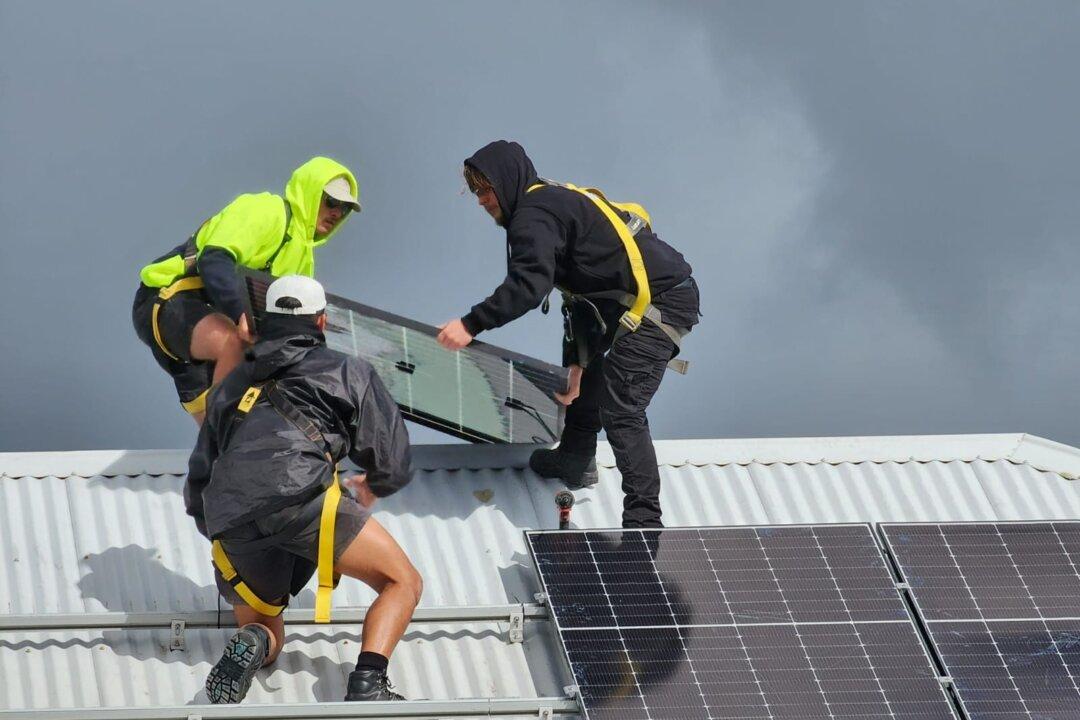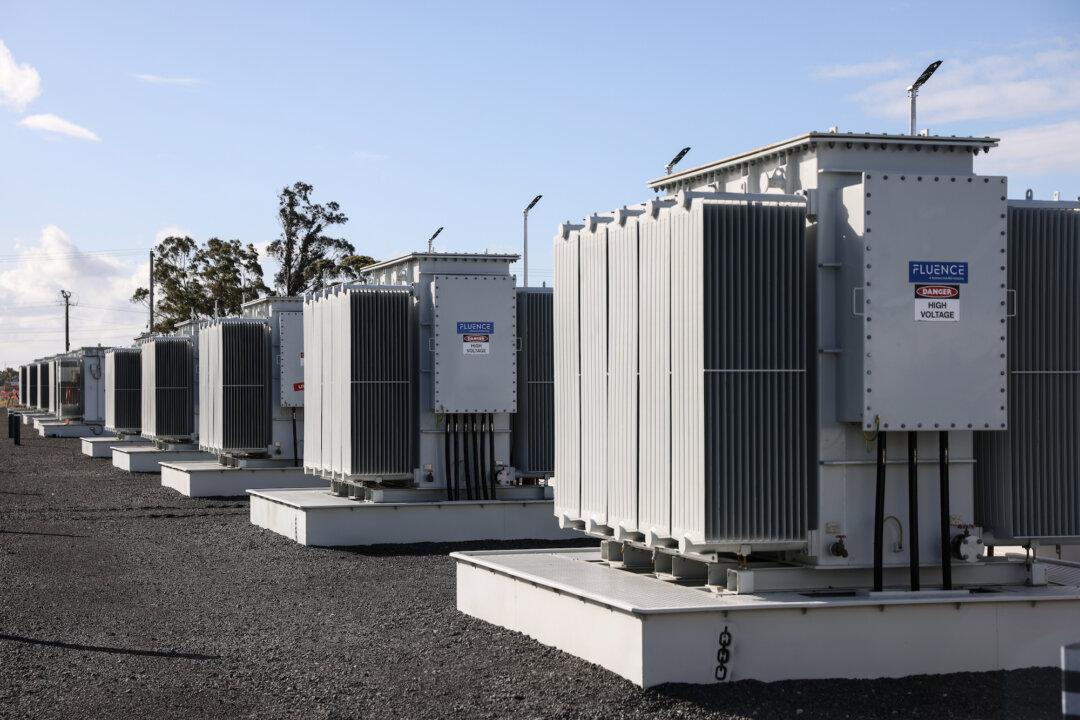Labor has pledged $2.3 billion (US$1.4 billion) for the subsidisation of household batteries from July if re-elected.
The policy provides Australian homeowners with a 30 percent discount on virtual power plant-ready battery systems (5–50 kWh) when installed with new or existing solar panels.




